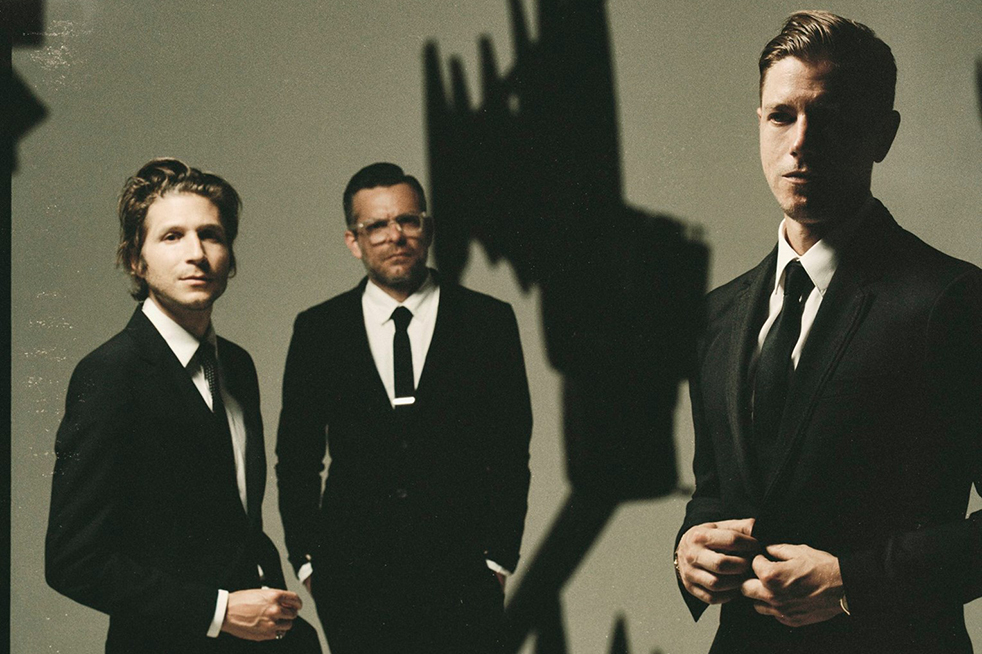As far as following up on initial success goes, Interpol gave themselves a model difficult to improve upon with “Turn on the Bright Lights”. Their 2002 debut album proved to be one of the monuments of what came to be known as post-punk revival, which saw a number of bands in the late 1990s and early 2000s drawing inspiration from music of the past.
Though this burst of creative output was united by a similar time frame, the lineages of the groups spawned from this movement can be traced separately—for example, bands like The Strokes and The White Stripes premiered with a garage rock sound.
Interpol, on the other hand, is more related to fellow revival bands The National and Franz Ferdinand, which draw major inspiration from gloomy post-punk rock.
In particular, with its insistently danceable rhythms and involved interactions among guitar, drums and vocals, “Turn on the Bright Lights” harked back to the legendary Joy Division, albeit with a less-harsh sound and fewer electronic elements.
Now, over a decade later, the influence of post punk revival has waned significantly. However, Interpol’s latest album, “El Pintor”, retains many of the same elements that have characterized the band.
Most of the tracks on the album are tied together by a single idea—usually a drum beat or a guitar riff—around which the vocals and the rest of the instruments revolve in sometimes intricate spirals.
The band is not afraid to fill up space with their sound this time around—there are moments when all the elements come together at once to dominate the air with a wave of noise.
There is also a lot of forward momentum to the music supplied by bursts of energetic drumming and Paul Banks’ ever yearning vocals. Complementing that energy is a trace of melancholia present even as the music surges forward; a perpetual sense of falling pervades the album and is especially evident in the guitar work.
At its best, “El Pintor” gets its power from the fluid vitality of the dark, roiling flow characteristic of post-punk.
But the fluidity of the music is what fails most often, which leaves the band struggling to maintain that same power, leaving the music feeling curiously inert.
The very first track, “All the Rage Back Home,” sees a keening, on-edge guitar rhythm washed away by superfluous textures and chanting backup vocals meant to graft on a sense of grandeur.
“Everything is Wrong” in particular is guilty of throwing buckets of noise at the listener in the hopes of wringing out some affect.
However, there are high points, such as the track “My Desire,” where the music hits a point of dark, hypnotic grace as vocals, guitar and drums weave in and out in perfect balance. One of the strengths they retain is their sense of texture, when it is not overwhelmed by a sensibility that demands an “epic” sound.
The tracks lack the dynamism that made “Turn on the Bright Lights” such an engaging album; it was an album that knew when to push and pull. The pushing of “El Pintor” is often too effortful, and has a tendency to merely plod along when it pulls back.
The canvas Interpol attempts to paint lacks the subtle inflections that once made their music so great, and it is often left flapping in the wind without the energy to support it.
Our Take: 3/5
